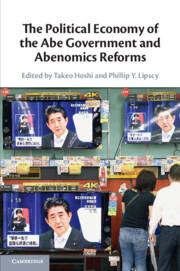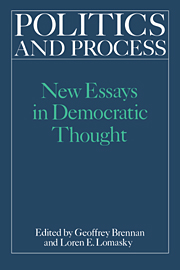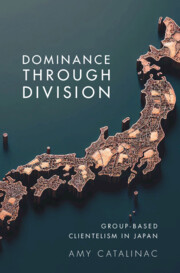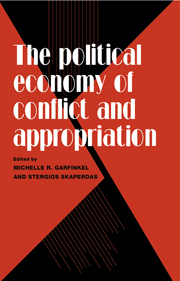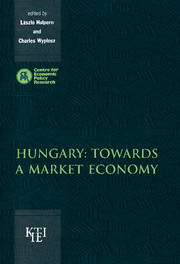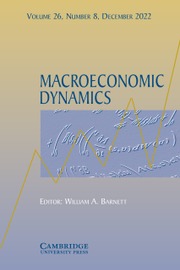The Political Economy of the Abe Government and Abenomics Reforms
This volume seeks to explain the political economy of the Abe government and the so-called 'Abenomics' economic policies. The Abe government represents a major turning point in postwar Japanese political economy. In 2019, Abe became the longest serving Prime Minister in Japanese history. Abe's government stood out not only for its longevity, but also for its policies. Abe came to power promising to reinvigorate Japan's economy under the banner of Abenomics. He pursed a host of structural reforms and industrial promotions to increase Japan's potential growth rate. Abe also achieved important legislative victories in security policy. However, the government also faced significant controversies. The book will hold appeal to scholars and students specializing in the study of Japanese politics, comparative political economy, the politics of contemporary advanced democracies, macroeconomic policy, labor market reforms, corporate governance, gender equality, agricultural reforms, energy and climate change, and East Asian security�.
- Provides a general overview of the Abe government and will appeal to readers who are interested in contemporary Japan
- Proposes a new framework for understanding contemporary Japanese politics
- Contributes to general debates on a variety of topics, such as governance, monetary and fiscal policy, economic reforms, and foreign policymaking
Reviews & endorsements
‘17 papers, this edited volume presents highly granular, academically rigorous research of the macroeconomic policies and political system reforms of Abenomics. By highlighting what has worked and what has not, the book makes a very important, fact- and data-based contribution to the assessment of Prime Minister Abe's legacy.' Ulrike Schaede, Professor of Japanese Business, School of Global Policy & Strategy, University of California San Diego
‘This insightful, substantive, readable book covers Japan's current political economy under Prime Minister Abe. In addition to their own excellent chapters, Hoshi and Lipscy have assembled outstanding specialists who address a wide range of specific issues.' Hugh T. Patrick, Chairman, Center on Japanese Economy and Business, Columbia University
‘… while principally a mainstream textbook for advanced undergraduate or graduate courses, [the book] includes material that will be of wide interest.’ Jenny Corbett, Journal of Japanese Studies
Product details
May 2022Paperback
9781108925877
572 pages
228 × 152 × 34 mm
0.82kg
Available
Table of Contents
- Part I. Introduction:
- 1. The political economy of the Abe government Takeo Hoshi and Phillip Y. Lipscy
- Part II. Political Context:
- 2. Expansion of the Japanese Prime Minister's power and transformation of Japanese politics Harukata Takenaka
- 3. Why does the Abe government's approval rating always recover? Masaru Kohno
- 4. The LDP under Abe Yukio Maeda and Steven R. Reed
- 5. The third arrow of Abenomics: est. in 2013 – or 2007? Takatoshi Ito
- Part III. Macroeconomic Policy:
- 6. Abenomics, monetary policy, and consumption Joshua K. Hausman, Takashi Unayama and Johannes F. Wieland
- 7. The great disconnect: the decoupling of wage and price inflation in Japan Takeo Hoshi and Anil K. Kashyap
- 8. Abenomics, the exchange rate, and markup dynamics in Japanese industries Kyoji Fukao and Shuichiro Nishioka
- 9. The crisis that wasn't: How Japan has avoided a bond market panic Mark Bamba and David E. Weinstein
- Part IV. Third Arrow of Abenomics:
- 10. Abe's slight left turn: how a labor shortage transformed politics and policy Steven K. Vogel
- 11. Abe's Womenomics policy: did it reduce the gender gap in management? Nobuko Nagase
- 12. Corporate governance reforms under Abenomics: the economic consequences of two codes Hideaki Miyajima and Takuji Saito
- 13. Abenomics and Japan's entrepreneurship and innovation: is the third arrow pointed in the right direction for global competition in the silicon valley era? Kenji E. Kushida
- 14. Japanese agricultural reform under Abenomics Patricia L. Maclachlan and Kay Shimizu
- 15. The politics of energy and climate change in Japan under the Abe government Trevor Incerti and Phillip Y. Lipscy
- Part V. Foreign Policy:
- 16. Japan's defense reforms under Abe: assessing institutional and policy change Adam P. Liff
- 17. The enduring challenges of history issues Mary M. McCarthy.

